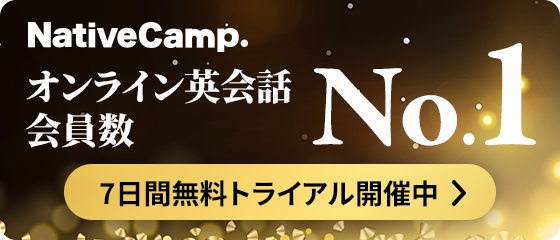Rikoさん
2023/08/08 12:00
はるか昔 を英語で教えて!
若いころ可愛かったねと言われたので、「はるか昔ね」と言いたいです。

回答
・a long time ago
・Those were the days.
A: You were so cute when you were young.
若い頃可愛かったね。
B: That was a long time ago!
はるか昔ね!(はるか昔のことね!)
「That」は「自分が可愛かったこと」を指しており、「a long time ago:とても昔・かなり前」が、「はるか昔」を指しています。
Those were the days!
はるか昔のことね!
「That was a long time ago.」の代わりに「Those were the days!」と言うこともできます。この表現は、過去の良い思い出や楽しい時期を指す表現です。「Those」は自分が可愛かった時期のことを指しています。
回答
・A long time ago.
・Once upon a time.
A long time ago, I used to play soccer with my friends every day after school.
昔は毎日放課後に友達とサッカーをしていました。
昔々 (mukashi mukashi) という表現は、物語や童話の始まりを示す言葉です。遠い昔の出来事や、昔話の舞台設定を表現する際に使われます。また、人々が懐かしんだり、過去の出来事を思い出したりする場合にも使われます。この表現は、遠い過去や幻想的な世界を連想させるニュアンスがあります。
Once upon a time, there was a beautiful princess who lived in a magnificent castle.
昔々、壮麗な城に住む美しい王女がいました。
昔々 (mukashi mukashi) is used to start a fairy tale or fictional story, creating a sense of nostalgia and distance from reality. It implies a distant past and is commonly used by native speakers when telling stories to children or recalling events from a long time ago. ある昔 (aru mukashi) is similar but less commonly used. Both phrases evoke a sense of enchantment and captivate listeners' attention.





 Japan
Japan